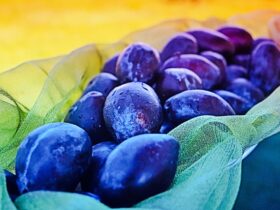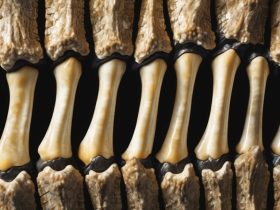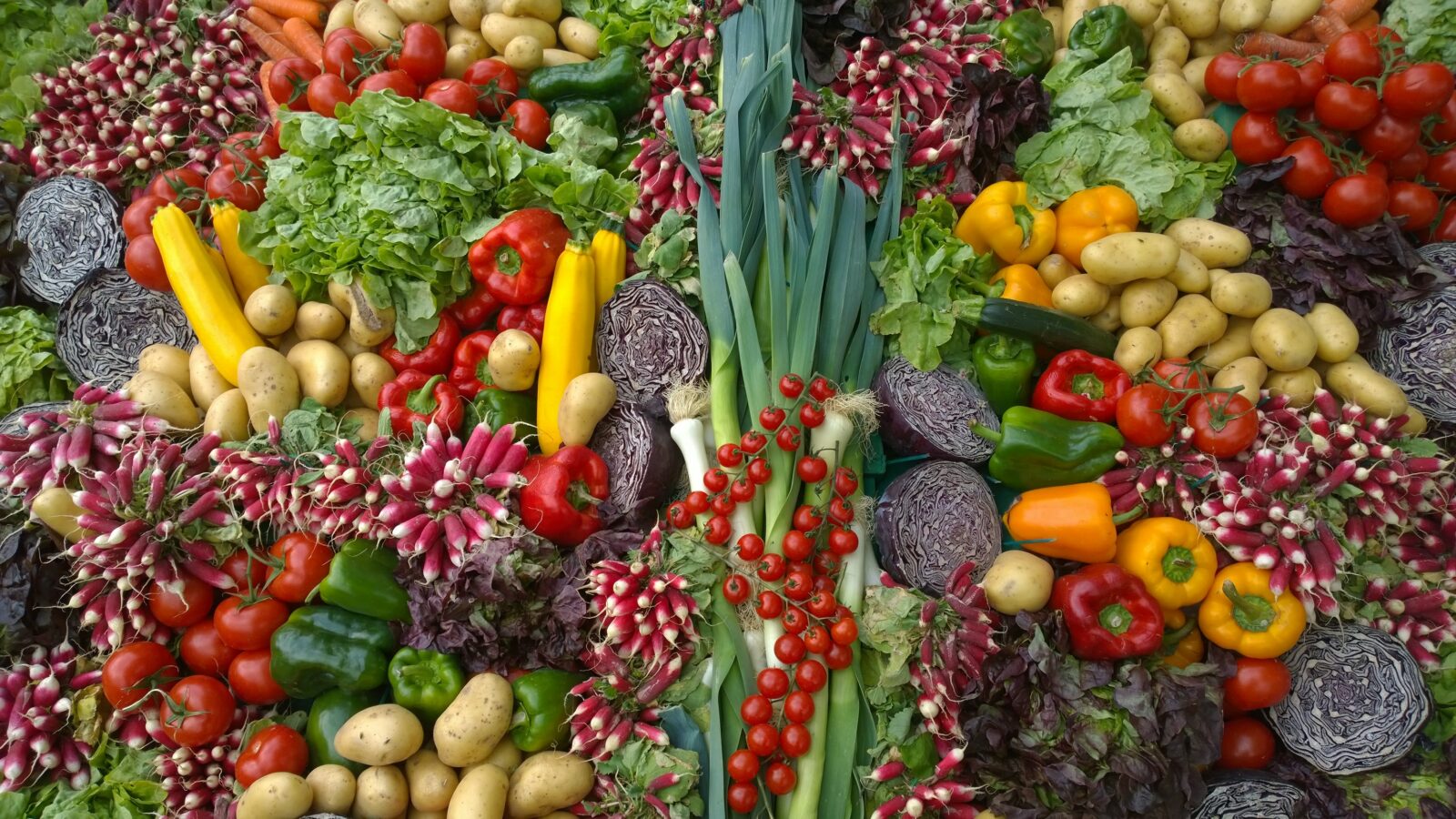Plant-based diet is becoming more and more popular. Many people choose to live a healthy life as a vegetarian or vegan. However, there is much more to eating plants. A new study shows that plant-based diets are the best to keep your heart healthy.
While trying to find out the link between cardiovascular disease risk and foods for atherosclerosis prevention, experts discovered some interesting facts about plants. A larger intake of plants and less salt and meat reduces the risk of atherosclerosis. Processed meat and red meat increase the risk of cardiovascular diseases. However, small amounts of cheese and yogurt are beneficial for the heart.
What does plant-based food include? Whole grains, fruits, vegetables, legumes, and nuts. Other foods that reduce the risks of cardiovascular diseases are whole grain and low glycemic cereal foods. Experts also say a low intake of alcohol, coffee, and tea is beneficial for the heart.
Do you want to protect your heart or simply want to eat healthily? Moving forward, we are going to discuss how you can start eating plant-based foods based on the portfolio diet. The best way to start is to eat cholesterol-lowering foods. Thankfully, the plant-based diet includes four foods approved by the US Food and Drug Administration, Health Canada, and the European Food Safety Authority.
Portfolio diet
This diet includes a 2,000-calories intake every day. Here’s how it looks:
- 1 ½ oz nuts; beans and legumes (peas, various beans, peas, chickpeas, and lentils, tofu)
- 2 ounces of foods with B-glucan and other viscous dietary fiber (oats, barley, psyllium, okra, eggplants, and fruits such as apples and pears, citrus, and berries)
- 20 g coming from different soluble fiber-containing foods
“This diet is another testament to the need for different types of fibers from fruits and vegetables; nuts, legumes and seeds, and grains such as oats or barley,” says Dr. Julie Miller Jones, PhD, LN, CNS, emeritus professor of nutrition at St. Catherine University in St. Paul, MN, and a member of the Grain Foods Foundation’s Scientific Advisory Board
Portfolio diet risks
The biggest risk of this diet is not getting enough protein. Since protein mainly comes from meat, here are a few useful alternatives:
- balance grains and legumes
- walnuts and chia
- fish
Other risks include low calcium, iron, and zinc since legumes, whole grains, and many vegetables affect the absorption of these minerals. If this is the case, ask your doctor for supplement advice.


























Leave a Reply